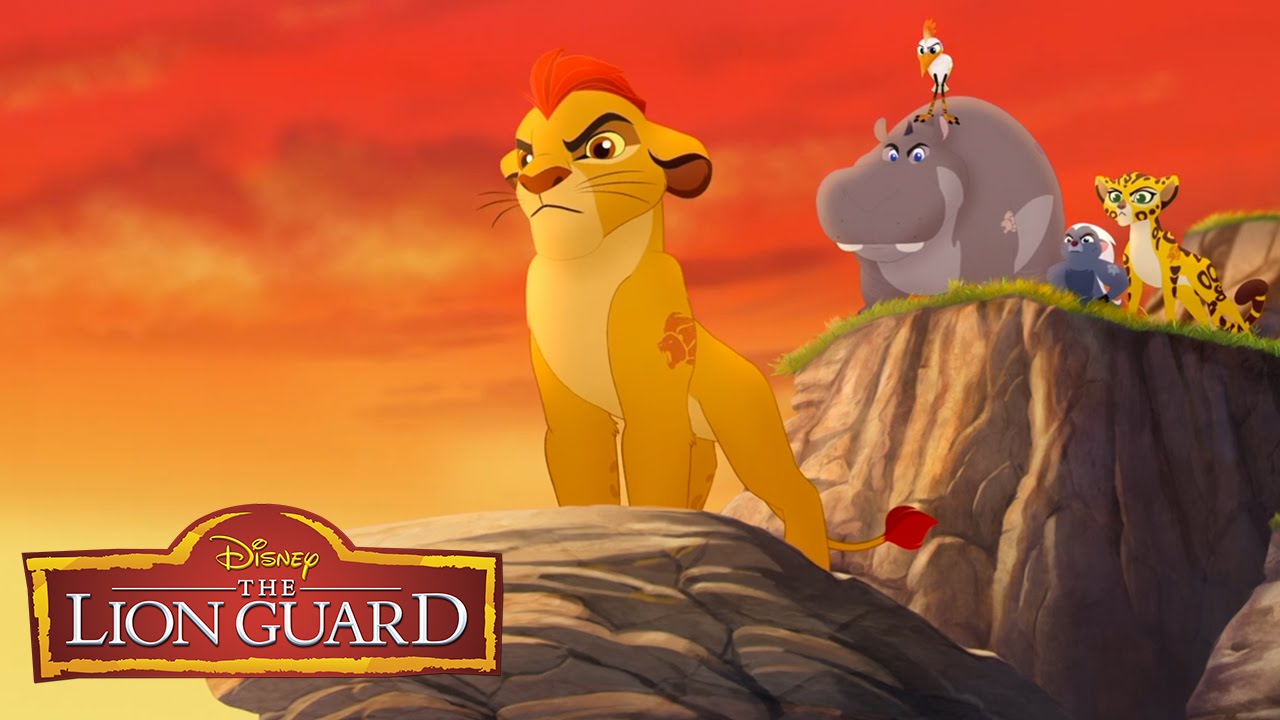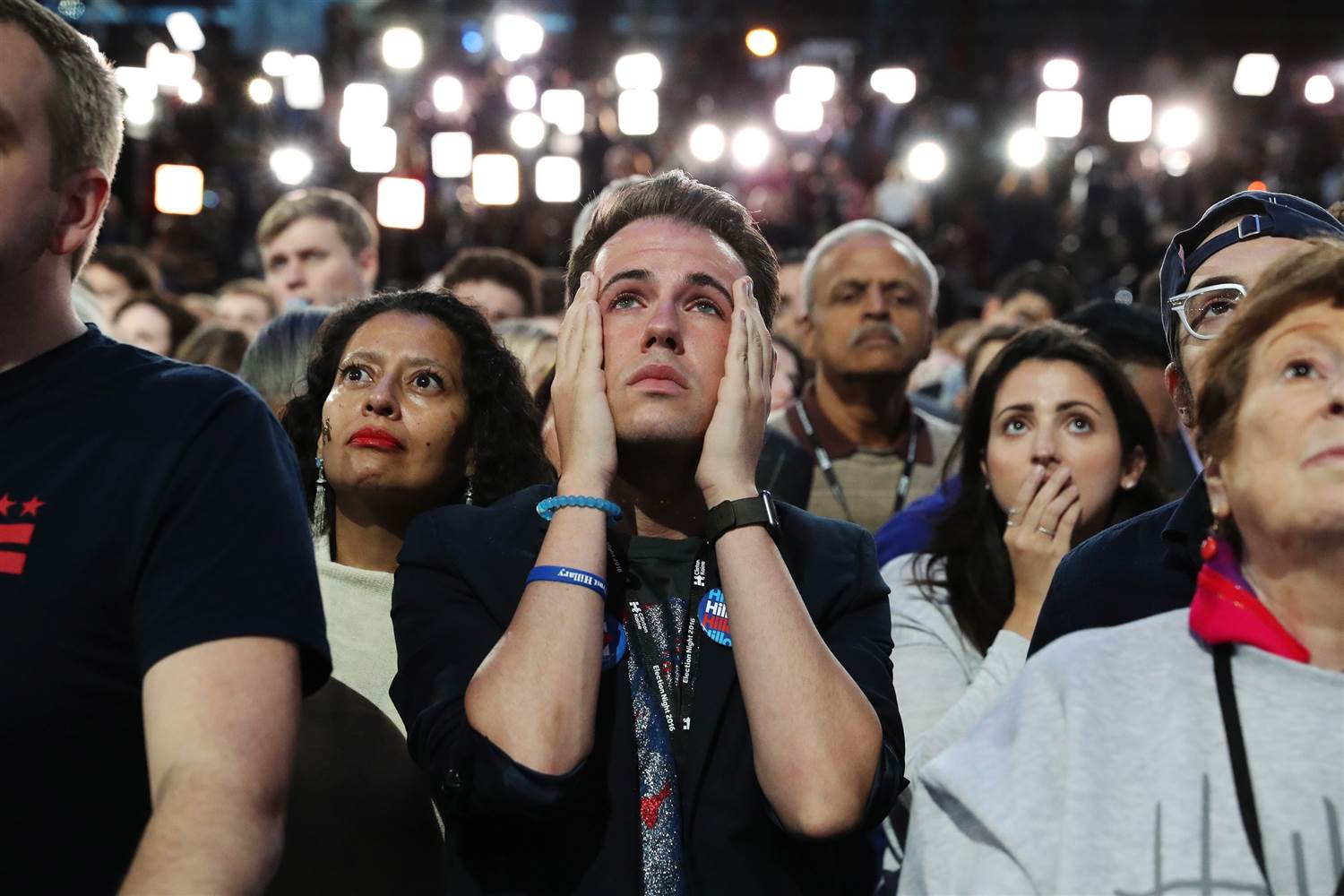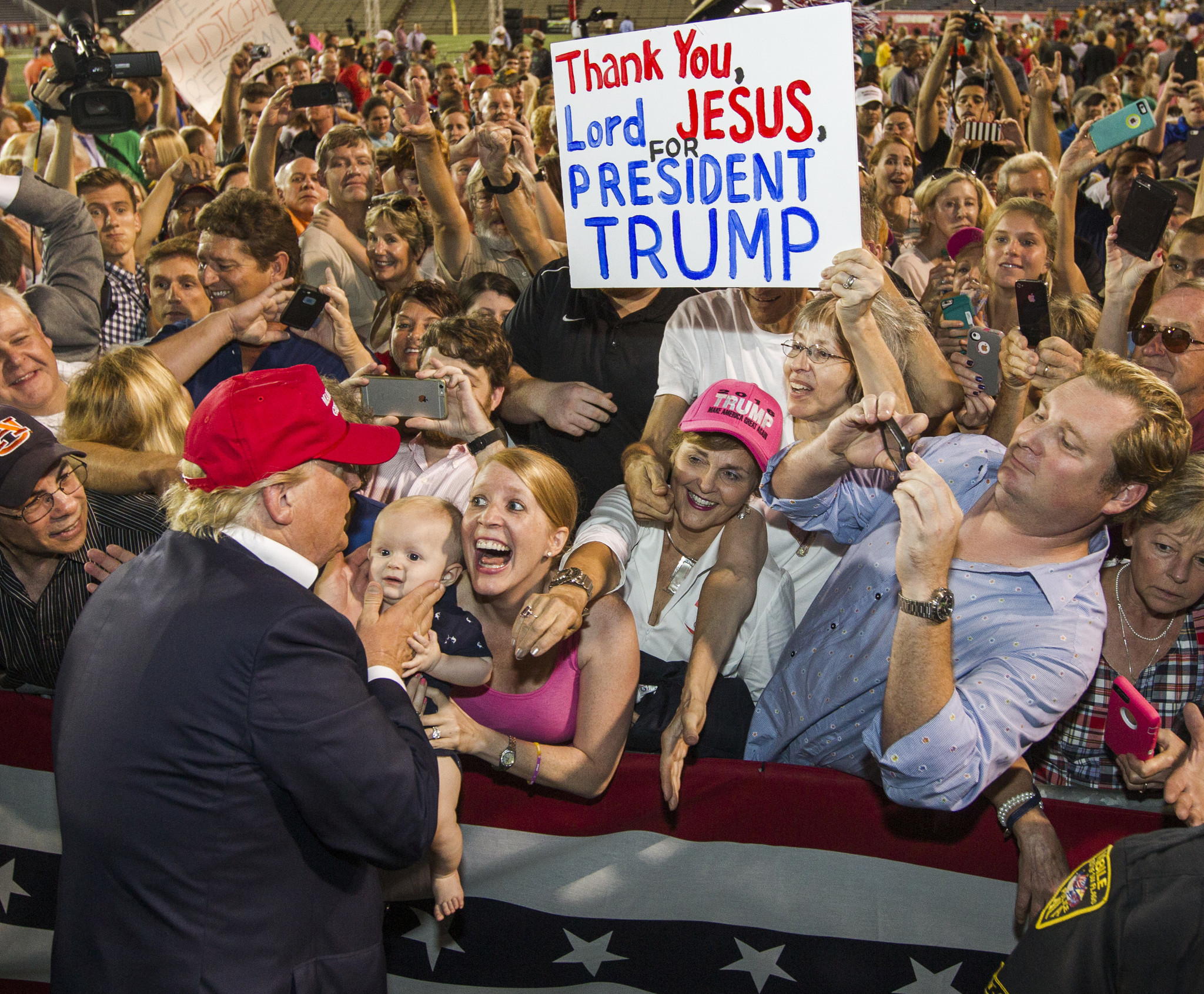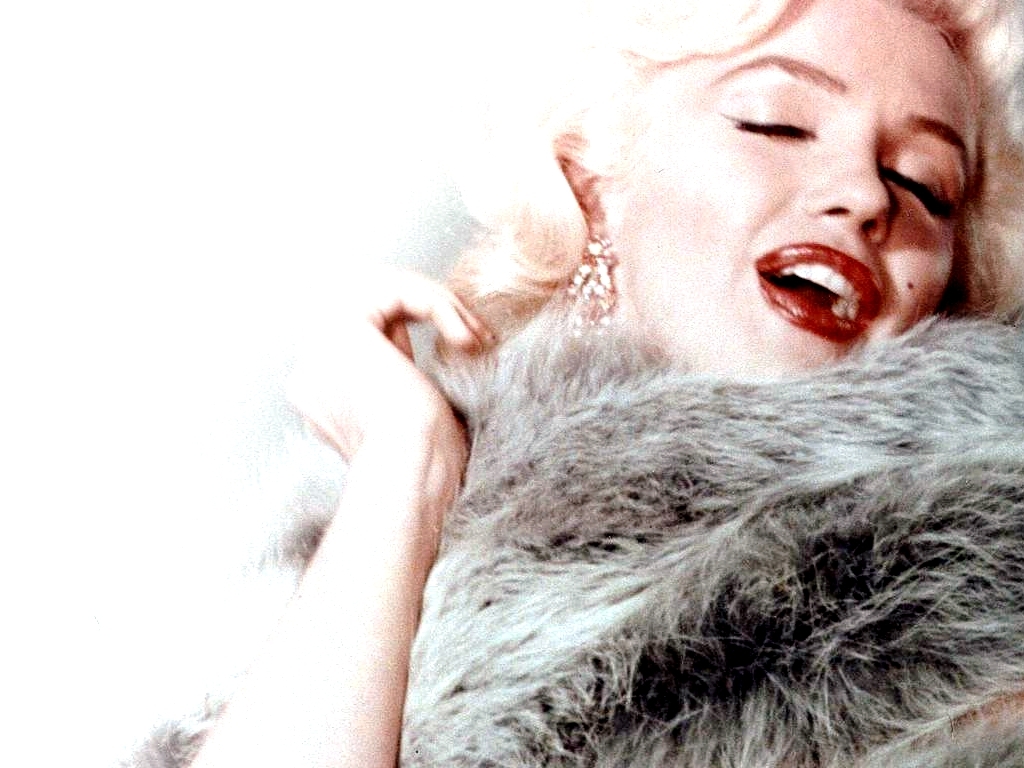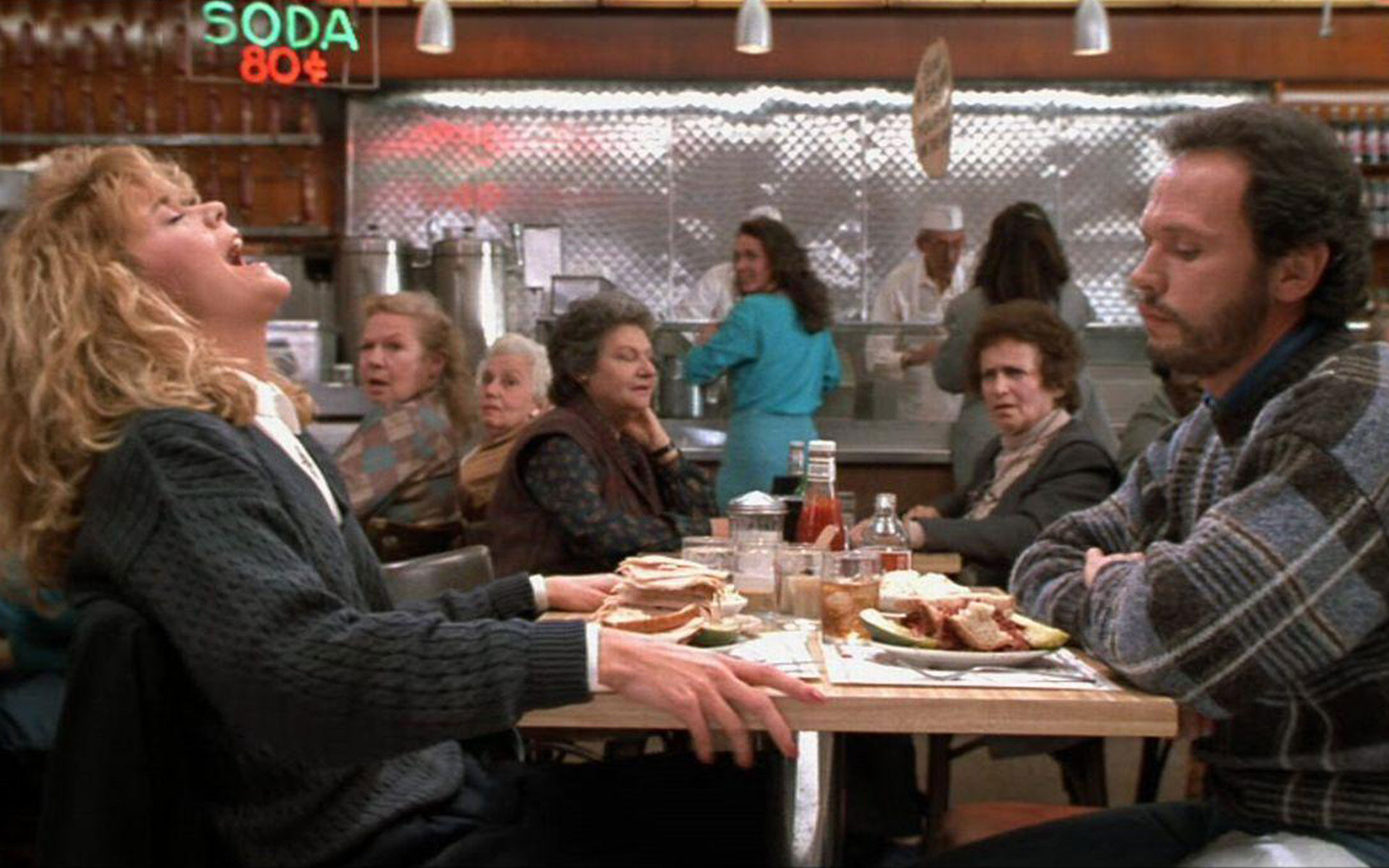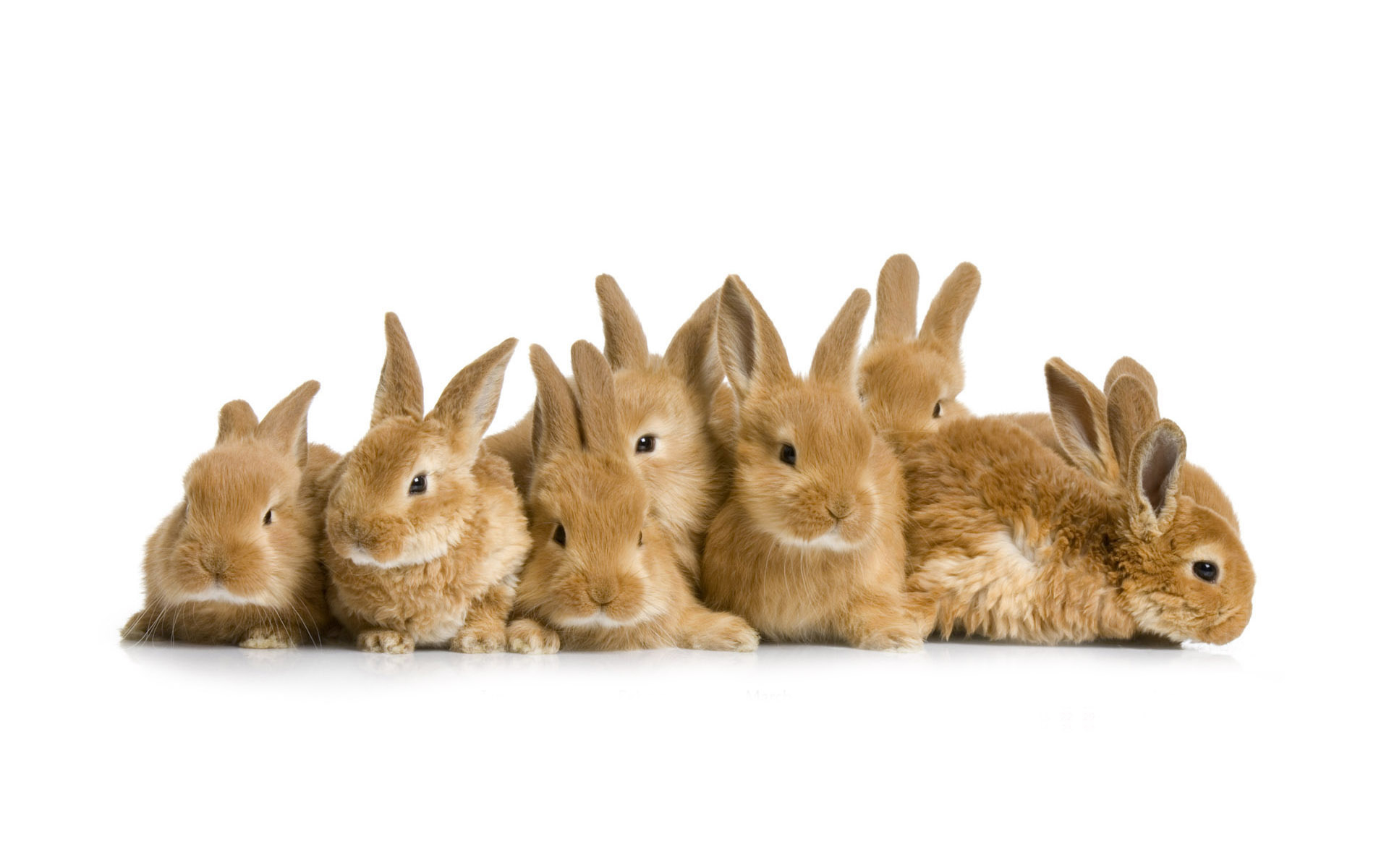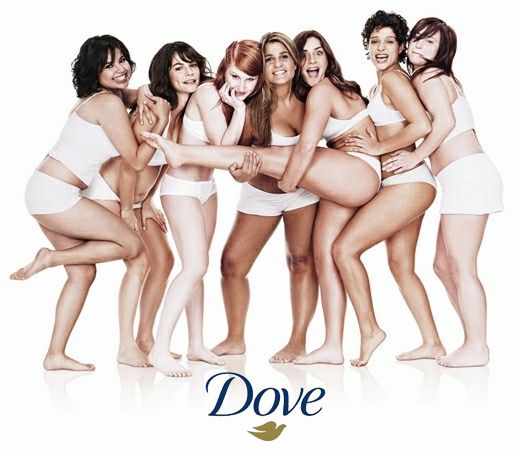To the unsuspecting parents desperate to distract their children, The Lion Guard manifests itself as an effective tool.
Immediately upon hearing the show’s opening theme song, children will abandon their toys and miscellaneous devices to commit their fullest attention to Kion and his lion guard.
Conversely, perhaps it is the subtlety of the program’s most troubling themes that prevents the nostalgic parents from raising their red flags.
The Break-Down: Understanding The Lion King and its Follow-ups
The Lion King II: Simba’s Pride was the seldom-heard-of sequel to The Lion King. In it, Simba had a protagonist daughter named Kiara.
As for The Lion Guard, the creators wanted to focus on the time of Kiara’s youth in the second film for the spin-off.
However, rather than providing a continuation or addendum to Kiara’s story, she was relegated to a minor role to allow her brother, Kion, (who never existed in any of The Lion King movies) to seize her spotlight as the main character.
As a sidenote, it is also interesting that Kiara is suddenly bereft of her individuality. Here, Kion flaunts the stand-out golden colors associated with Simba, whereas Kiara . . .
. . . Has lost all instances of her distinguished shading tint from The Lion King II: Simba’s Pride (top) and can now hardly ever be recognized amongst her fellow creamy-pelted girl friends in The Lion Guard in any lighting whatsoever (bottom).
Talking About the Main Character: When Retconning Does More Harm Than Good
This wasn’t the only change that was seen in Kiara.
In The Lion King II: Simba’s Pride, Kiara makes it very clear toward the end of this video that she doesn’t want to be queen!
Yet somehow, in The Lion Guard, this trait is entirely discarded in lieu of a minor female character who wants nothing more than to claim her title of nobility.
The Lion Guard makes the mistake of depicting this Kiara as arrogant, haughty, and quite “bitchy” for being ambitious about the position she was already born into.
Kiara is happy essentially remaining home and doing nothing of importance (by apparent virtue of her off-screen “training to be queen”) while her brother becomes the outgoing hero.
This is a troubling mentality that Barnett and Rivers remark on in Same Difference:
Women’s brain structures are poorly suited for leadership . . . male brains are created for systemizing–the drive to analyze, explore, and construct a system . . . Women lack the motivation for leadership . . . men are the risk takers . . . jobs are “cheerfully chosen” by women because of their preferences, motivations, and expectations . . . women are just not aggressive enough to succeed . . . In short, these commentators believe that women will never achieve as much as men . . . When men lead, all’s right with the world. When women lead, men are less manly and women are miserable. (Barnett & Rivers, 175-176)
If the “queen-in-training” title is referenced or used as a plot device during an episode, the audience can rest assured that this nagging character will not hold the spotlight, and Kion will soon appear to entertain the children with his rambunctiously boyish antics.
This is merely a coded term for “princess,” a trite title that Disney knows they have bestowed upon their female protagonists or side characters in the past.
It grants these girls the excuse to eventually become pretty ornaments or damsels to be rescued by the males, all under the false illusion that they are being just as practical as the guys.
Hyenas and Clans: What Do You Mean “Not A Patriarch?”
Furthermore, The Lion Guard is equally reluctant to depict its first villain, a spotted hyena leader named Janja, as the female he really should be.
In spotted hyena cackles or clans, there is no question about the dominance of the females, which is established the moment hyena cubs are born.
As the video below explains, female hyena cubs have immediate priority over a hyena clan’s oldest male adults, will grow to be larger and stronger than males, and ultimately enforce a matriarch system with their power.
This begs a simple question: why? Why would the creators, who very obviously would have been aware of this research due to their close contact with Disney’s highly convenient Animal Kingdom, decide against this?
“Because it’s a cartoon!” Some readers may readily shout, however this isn’t an appropriate time for that excuse; one of The Lion Guard’s main goals, as their producers stated, was to teach kids about animals.
This is why they made the choice to ensure that animals aside from lions–a hippo, a honey badger, a cheetah, and even a cattle egret–were in Kion’s Lion Guard.
Despite this perfect learning opportunity to add a girl to the outnumbered female character line-up, we are instead treated to a stereotypical gangster-accented punk of a guy hyena.
In fact, he is so attuned to the Guy Code that moments of his feminization (such as a butterfly landing on his head) are occasionally used as gags. This is a character who faces frequent humiliation when he is unable to be tough and intimidating.
As the author of Guyland explains this pattern of behaviors:
Violence, or the threat of violence, is a main element of the Guy Code . . . They use violence when necessary to test and prove their manhood, and when others don’t measure up, they make them pay. (Kimmel 57)
This definitely appears to resonate with Janja, who time and time again bullies and antagonizes other animals in his all-male clan of hyenas.
Perhaps Disney’s concern was that Janja would’ve come off as a butch lesbian if allowed to be an aggressive female, given the extremely masculine and “Guy Code” nature of true female spotted hyenas.
Damsels In Distress, With Disturbing Implications
Additionally, this male aggression is repeatedly coupled by female victimization. We have a grand maximum of three recurring female characters, and all of them require rescuing: Kiara, Fuli the cheetah, and Jasiri the hyena are those damsels.
Many complained about the demonization of hyenas in the first movie, and so when a “good,” supposedly independent female hyena appeared in The Lion Guard, the feedback was generally positive!
It was so optimistic, in fact, that audiences very easily ignored that she was anything but a self-reliant female character. In the video below, Jasiri scoffs at Kion for suggesting that she might ever need his help.
Of course, seconds later, trouble arrives in the form of Janja and his clan. She defends herself for a bit, but ultimately, it is Kion who chases off the malevolent hyena clan with an awesome roar.
Her musical number with Kion, “We’re The Same,” begins to sound void of self-awareness once it is realized that . . . They really aren’t treated the same at all, in fact.
As two separate species, they accept each other, and feasibly that is a positive message about appreciating physical differences. Even so, when comparing the sexes, an imbalance is clearly seen in favor of our male hero.
Irritating as this is, it pales in comparison to some of the perverse undertones displayed throughout these damsel cases. The collage below may help to define this persisting theme.
It is always predatory or preying groups of males that plan to abduct or ambush the girls. In each case, the girls are helplessly pinned or too are weak to defend themselves.
In the video below, Kiara is lured into the outlands where Janja’s clan awaits to attack. It’s Kion to the rescue once again, and only then does the cackle retreat.
Even this is rather subtle harassment in contrast to Fuli’s encounter with vultures, and it is worth listening to what the villains’ voice of reason says as his parliament encircles her at 1:13.
“Oh, don’t worry my dear, it will all be over soon. After all, we’re not uncivilized.”
What it sounds like is precisely what the distracted parents are likely to miss, and it’s also what the author of Guyland commentates on in uncensored detail:
Whenever men build and give allegiance to a mystical, enduring, all-male social group, the disparagement of women is, invariably, an important ingredient of the mystical bond, and sexual aggression the means by which the bond is renewed. (Kimmel 238)
 It’s the sugar-coated conclusions to these twenty-minute-long episodes that obscures an otherwise precarious brand of symbolism. These are metaphors where men are carnivores and women–even if technically meat eaters in this show–are the targets of assault.
It’s the sugar-coated conclusions to these twenty-minute-long episodes that obscures an otherwise precarious brand of symbolism. These are metaphors where men are carnivores and women–even if technically meat eaters in this show–are the targets of assault.
Even if one chooses to disbelieve that this is very mildly hinted rape culture slipping into children’s television, there is still something to be said about the high levels of violence toward women that are being depicted today in children’s television.
Final Thoughts and Reflection
Parents are swift to defend this show with a defensively prepared, “It’s just a cartoon, so what’s the harm? They love it, and they’re learning something from it!”
The sad truth is, they really are learning something from it; and it isn’t what we’d hope they would about animals or friendship.
They’re learning about Hollywood-contrived, exaggerated discrepancies between males and females, where few actually exist in reality.
They’re learning that they’re watching a “boy’s” show, where mainly boys get to explore.
Overall, they’re learning some concepts about general kindness and courage, but it’s a swing and a miss because gender and messages of equality all conjoin in the same ballpark.
Positive themes and morals aren’t impossible in children’s television, because dedicated shows with reasonable airing times like Gravity Falls create an entertaining space of equality without shoving ideas down the audience’s throat.
Before we begin asking kids to be friendly to each other through media, perhaps we as adults should wonder what we’re making these children think about themselves.
References
Barnett, Rosalind, and Rivers, Caryl. 2004. “Leading Questions.” Same Difference. New York: Basic Books.
Kimmel, Michael. 2008. “Bros Before Hos”: The Guy Code.” Guyland. New York: Harper.
Kimmel, Michael. 2008. “Predatory Sex and Party Rape.” Guyland. New York: Harper.
This essay was written and compiled by a student of Dr. Corey Lee Wrenn who wishes to remain unnamed.

